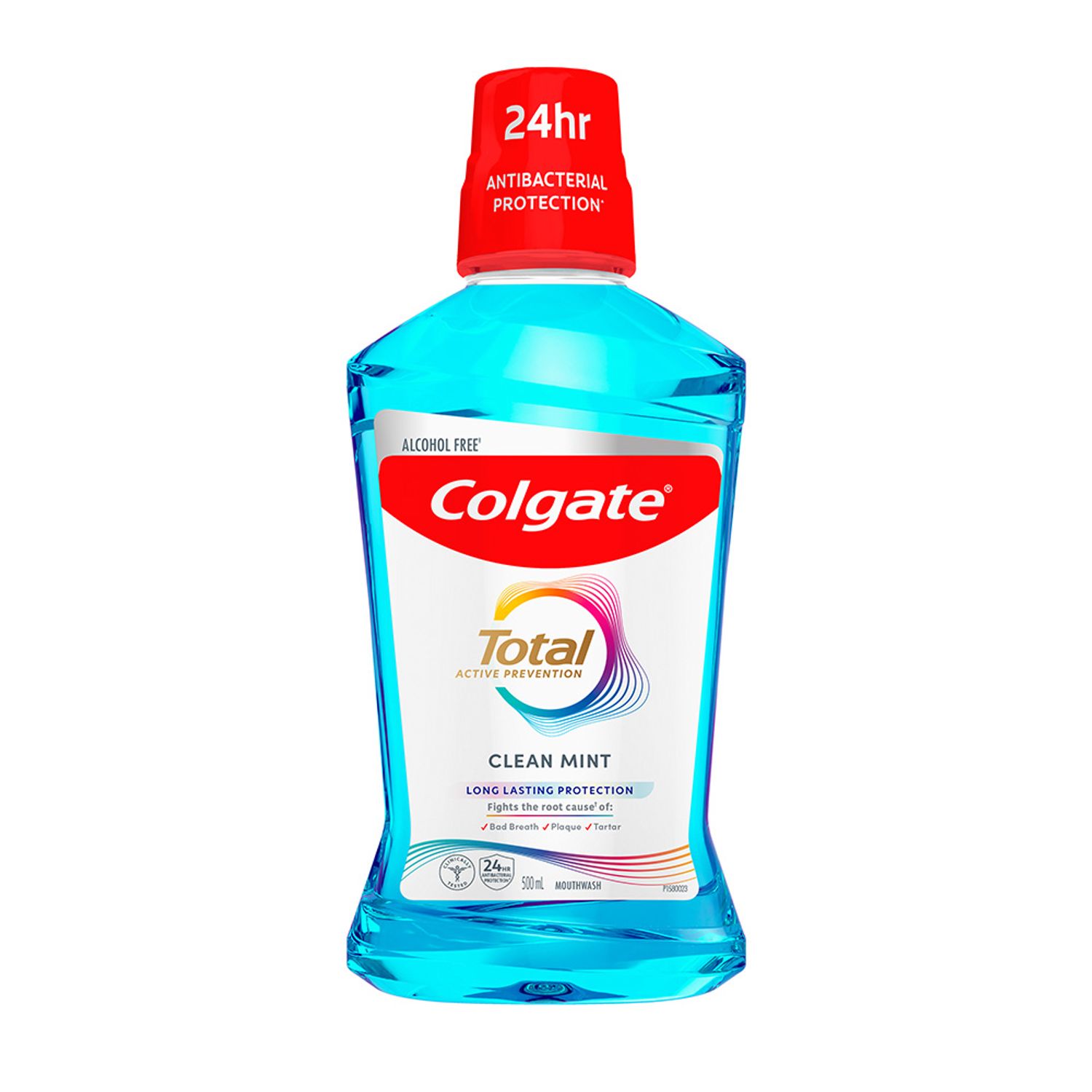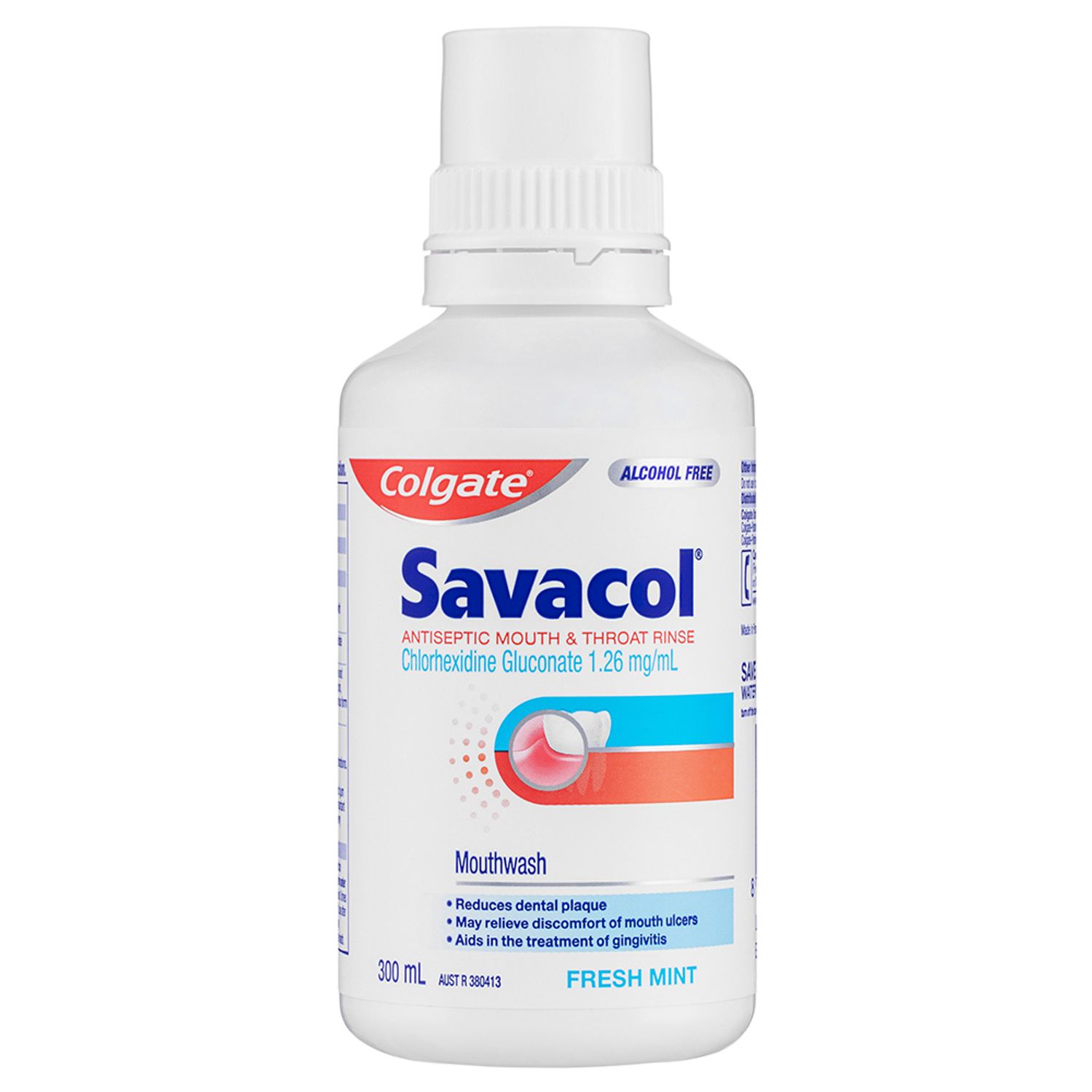-
-

BRUSHING & FLOSSING
How to BrushWhat Is the Right Way to Brush?
Proper brushing takes at least two minutes — that's right, 120 seconds!...

BRUSHING & FLOSSING
How To FlossWhat is the Right Way to Floss?
Proper flossing removes plaque and food particles in places where a toothbrush cannot easily reach... -
Science & Innovation
- Colgate® | Toothpaste, Toothbrushes & Oral Care Resources
- Oral Health
- Waking Up with Dry Mouth


There are few things as uncomfortable as waking up with a dry mouth or parched throat early in the morning. Even if you keep water close by to sip during the night, a dry mouth can still occur. Here's some of the reasons why a dry mouth occurs and how to manage it effectively.
About dry mouth (also call xerostomia)
Xerostomia occurs when you don't salivate enough to keep your mouth sufficiently moist, according to Better Health Channel, Victoria. This lack of saliva can be attributed to a number of factors, whether seasonal, habitual or health-related. The most common causes of dry mouth are:
- A side effect of medications, such as antidepressants, NSAIDs and blood-pressure regulators
- Salivary gland disease
- The use of radiation for cancer treatment
- Chronic medical conditions or autoimmune disorders, such as diabetes, lupus or rheumatoid arthritis
- Emotional stress
- Hormonal changes, including pregnancy and menopause
Keep in mind that waking up with dry mouth problems doesn't necessarily mean that you have a serious condition, but consider seeing your doctor to inform him or her that you have this oral care condition and have some known symptoms.
Signs and symptoms
A dry mouth and/or sticky saliva is your best indicator; it may even feel as if your mouth is full of cotton. Other signs and symptoms include a burning sensation; a tongue that feels "thick" like leather; trouble performing functions such as chewing, swallowing and speaking; or the development of dry lips and sores in your mouth or throat.
Care and treatment
Your doctor may recommend changing some of your medications or prescribe preparations such as saliva stimulants or saliva substitutes, according to Better Health Channel, Victoria. These products can help to reduce the dryness while you work to treat the underlying problem.
Keep a close eye on the condition of your teeth, too. Dry mouth can increase your risk for dental caries and gum disease. See a dentist for an examination in addition to your oral care routine at home.
Managing dry mouth in the morning
To help avoid dry mouth problems stay hydrated. Better Health Channel, Victoria recommends including watery foods in your daily diet.
Other steps you can take in managing the condition and its potential side effects include:
- Checking your mouth daily for sores and inflammation;
- Maintaining a good oral health regimen;
- Removing dentures overnight and soaking them in a cleansing solution.
By managing your dry mouth you can help minimise the degree of xerostomia and its impact on your oral health.
Related Articles

Electric or Manual Toothbrushes, which one is better? Learn their differences, considering their effectiveness in dental health and oral hygiene.

Gingivitis is the first stage of gum disease. Knowing the warning signs can help you treat it quickly and prevent more serious issues. Learn more here.

Electric toothbrushes are a fantastic investment into your oral health, especially if you wear braces. Learn about electric toothbrushes for braces in this guide.
This article is intended to promote understanding of and knowledge about general oral health topics. It is not intended to be a substitute for professional advice, diagnosis or treatment. Always seek the advice of your dentist or other qualified healthcare provider with any questions you may have regarding a medical condition or treatment.
Related Products

Helping dental professionals
More professionals across the world trust Colgate. Find resources, products, and information to give your patients a healthier future








